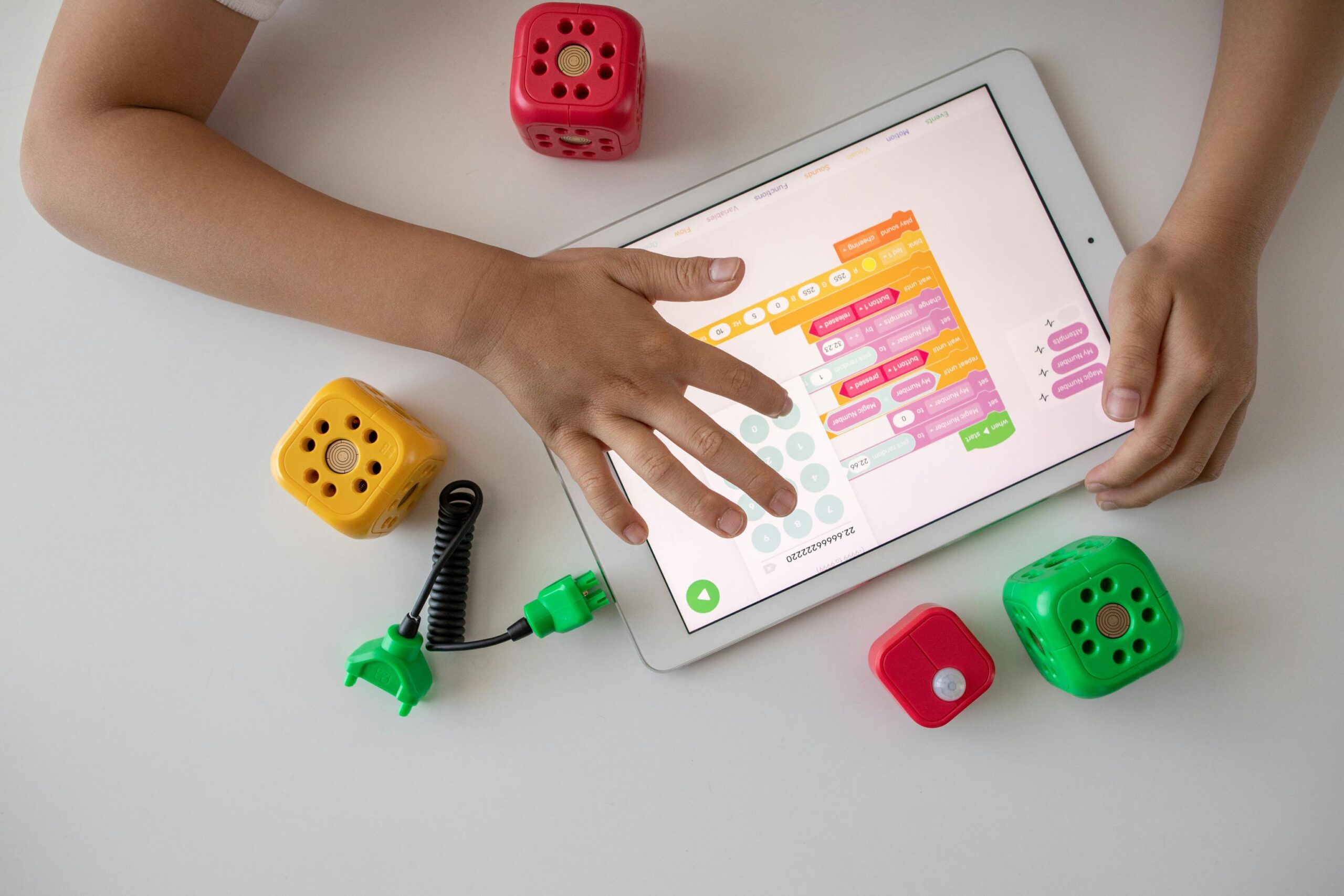Being able to speak another language is a fantastic skill to be able to use in life and a great way to help your children with their confidence and learn more about other countries and cultures. In this post, we’ll cover some tips for you to use to help support your child with learning another language.
Using A Second Language At Home
Creating a language-rich environment at home is essential in helping your children learn a new language. This can be achieved by incorporating the target language into daily activities and surroundings. For instance, label household items in both your native language and the new language, use bilingual books, and play music or watch television shows in the new language. Skola offers summer language schools for kids to help create an environment in which they can easily absorb written and spoken skills in a second language. Immersing your child in the language as much as possible will help them to naturally absorb vocabulary and sentence structures.
Practice Speaking Together
One of the most effective ways to help your children learn a new language is by practising speaking it together. Set aside a specific time each day for conversation in the new language, even if it’s just for a few minutes. Encourage your children to use the language during mealtimes, playtime, or while running errands. You don’t have to be fluent yourself; showing a willingness to learn alongside your children can be highly motivating for them. Additionally, consider joining a local language group or finding language exchange partners for your children, so they can practise with native speakers or other learners.
Incorporate Language into Play
Children learn best when they are having fun, so incorporating the new language into playtime can be incredibly beneficial. Use toys, games, and role-playing activities to make learning the language enjoyable. For example, you can play board games or language learning apps that require using the new language or set up a pretend shop where transactions must be conducted in that language. Storytelling and puppet shows are also excellent ways to engage your children’s imagination while practising the new language. The key is to make the experience enjoyable and pressure-free, allowing your children to develop a positive association with the language.
Encourage Reading and Writing
Reading and writing in the new language are crucial skills that should be developed alongside speaking and listening. Start with simple books that match your children’s language level and gradually introduce more complex texts as their proficiency grows.You can also consider incorporating resources like English with Lucy to aid your child in learning a new language.Encourage your children to keep a journal in the new language, write letters to pen pals, or create their own stories and comics. Writing activities not only reinforce vocabulary and grammar but also boost confidence in using the language. Additionally, reading aloud together can improve pronunciation and comprehension skills while also providing a bonding experience.
Be Patient and Supportive
Learning a new language is a challenging process, and your children will need a lot of patience and support. Celebrate their progress, no matter how small, and provide plenty of positive reinforcement. Avoid correcting every mistake immediately, as this can be discouraging; instead, gently guide them towards the correct usage over time. Understand that language learning involves trial and error, and mistakes are a natural part of the process. Encourage a growth mindset by reminding your children that effort and practice are the keys to improvement. By fostering a supportive and encouraging environment, you can help your children build confidence and persistence in their language-learning journey.


Practicing with the kids is a great idea. It gives them real-world experience, and you might just pick up a thing or two, as well.
We love languages and learning new languages is a priority in our family. In addition to what you mentioned, we try to gamify the process of learning new languages which makes is a lot more fun for the kids.
Great list. I loved reading with my son and giving him toys that helped him grow.
By creating a language-rich environment at home, practicing speaking together, and incorporating language into play, parents can support their children’s language acquisition in enjoyable and effective ways. The emphasis on immersion and making learning fun highlights the importance of a positive, pressure-free experience in fostering a lifelong love for languages.
These are such great tips on helping kids learn new languages! Practicing together and making it fun are such effective strategies 👌🏻.
These are some really great ideas for encouraging a love of learning at home.